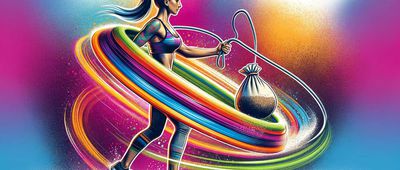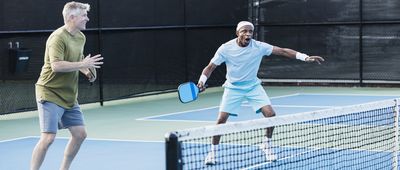Up In Flames
Summer is a time for outdoor fun like campfires, grilling, and fireworks. While most people have no problem pulling off these activities safely, fire has inherent risks that occasionally bring catastrophic results. Here are some of the most common mistakes people make, according to fire safety experts, along with tips to make this summer a safe one.


























